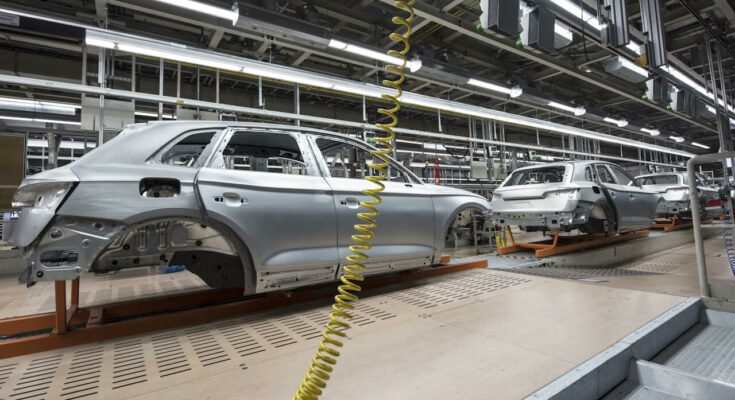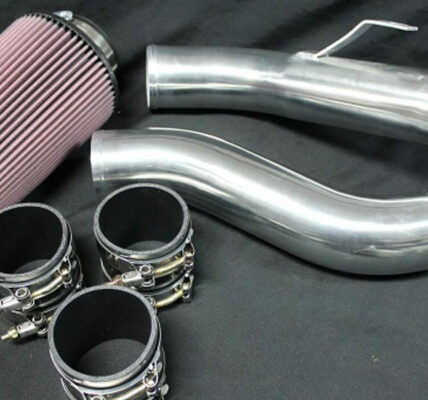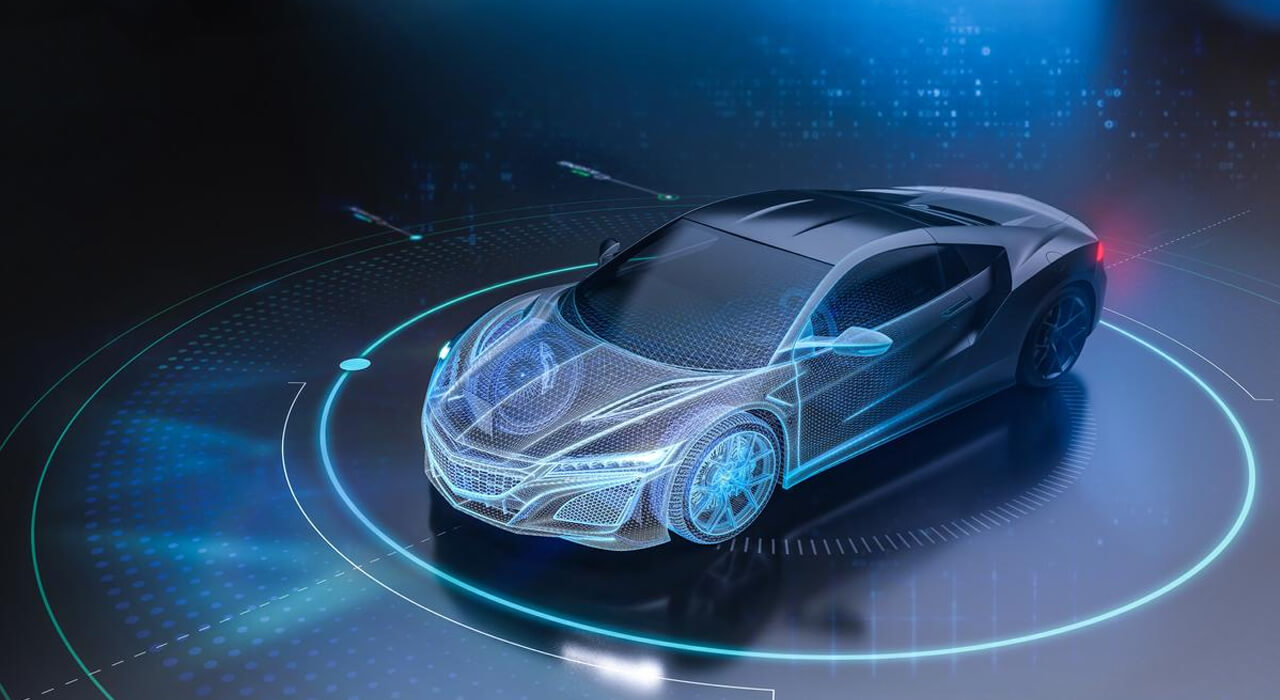The automotive industry is steering into a data-driven future, and the implications are far-reaching. The vehicles we drive are no longer just machines; they are hubs of real-time data, feeding into a complex ecosystem of analysis, management, and innovation. From the car’s performance to driver behavior and road conditions, data is the fuel that powers the progression of automotive technology and services.
In this extensive exploration of automotive data solutions, we’ll navigate the influence of data in this dynamic industry, assess the benefits it brings, address the challenges that lie ahead, and immerse in real-world examples that showcase the true potential of automotive data.
The Role of Data in Automotive
Collection and Analysis: The Pulse of the Automobile
Data collection in modern vehicles is not limited to mileage and fuel consumption. It encompasses a myriad of parameters, from engine performance and vehicle location to internal cabin conditions. This data, when harnessed effectively, can paint a detailed picture of the vehicle’s health and the driving experience.
The in-car sensor technology and telematics systems act as ‘nervous systems’, constantly transmitting this information to manufacturers, fleet operators, and service providers. Expert analysis uncovers patterns, potential issues, and opportunities for improvement, fostering a proactive rather than reactive approach to vehicle maintenance and service delivery.
Predictive Maintenance: Fixing Tomorrow’s Problems Today
One of the most significant transformations data has brought to the automotive industry is in the realm of maintenance. Predictive maintenance, powered by data analytics, enables car manufacturers and service centers to anticipate when a vehicle is likely to fail and take corrective action before the failure occurs. This not only averts the inconvenience of sudden breakdowns for the driver but also optimizes asset utilization and reduces operational costs for fleet managers.
Suggestion: Is It Better To Leasing Or Buying A Car In 2024? – Buying Guide
Machine learning algorithms, for instance, can predict wear and tear in critical components by identifying long-term usage patterns. This foresight allows for timely repairs or replacements, ensuring the vehicle is always in its peak condition, thereby maximizing safety and performance.
Customer Insights: Driving the Customer Experience
Every touchpoint a customer has with an automotive brand generates data that can enhance customer insight. From buying patterns and preferences to service history, understanding this data allows manufacturers and dealerships to tailor the customer experience. Whether it’s offering maintenance reminders, personalizing vehicle settings, or providing relevant offers, the use of customer data ensures a more meaningful and customer-centric interaction.
Benefits of Automotive Data Solutions
Improved Safety: In the Driver’s Seat of Safety
Safety has always been a paramount concern for the automotive industry, and data solutions are amplifying this commitment. Vehicle-to-Everything (V2X) communication, an innovative use of data, enables cars to ‘speak’ with each other and with the infrastructure, alerting drivers to potential hazards and improving response times.
Similarly, advanced driver-assistance systems (ADAS) leverage real-time data to apply brakes, adjust steering, or take evasive action in critical situations. Analysis of driving behavior can flag risky habits, allowing for interventions that promote safer driving.
Enhanced Efficiency: Setting the Industry Standard
The quest for efficiency is a perpetual one in the automotive industry, and data is a powerful ally in this pursuit. Real-time traffic data can optimize navigation systems to select the fastest routes, saving time and fuel. For electric vehicles, data solutions can identify opportunities for recharging, taking into account current battery levels and energy usage.
Fleet management is another area where data is driving efficiency. By monitoring the performance of each vehicle, managers can make informed decisions about routing, maintenance schedules, and even whether a particular model of vehicle is suitable for their operational needs.
Personalized Experiences: The Tailored Automotive Journey
Personalization is not a concept limited to the world of marketing; it is a significant frontier in automotive service delivery. By capturing and analyzing data on a driver’s behavior, preferences, and usage, companies can finely tune the driving experience to the individual.
Also Check: Top 9 Best 500 Hp Cars Under $20k You Can Buy In 2024
Automatic seat adjustments, temperature control settings, entertainment systems, and even the driving characteristics of the car can be personalized. This tailored experience not only adds a touch of luxury but also enhances the bond between driver and vehicle.
Challenges and Limitations
Data Privacy and Security: Speed Bumps on the Data Highway
As with any industry dealing with a vast amount of personal data, the automotive sector must navigate the delicate balance between the utility of data and the privacy and security of individuals. Ensuring that data is anonymized, and robust security measures are in place is a non-negotiable component of any automotive data strategy.
The stakes are high, as breaches in automotive data can lead to not just financial loss but also physical risk for drivers. The industry must be vigilant and proactive in its approach to data privacy and security to maintain consumer trust and regulatory compliance.
Data Integration: The Complexity of Uniting Data Streams
The diverse sources and formats of automotive data pose a challenge in data integration. Telematics data, manufacturing data, CRM data, and more all have unique structures and may not interoperate out of the box. This ‘data silo’ effect can hinder the holistic view that is essential for deriving maximum value from data insights.
In response, the industry is exploring standardization approaches and adopting sophisticated data management platforms that can handle the heterogeneity of data streams.
Ethical Considerations: Charting Ethical Routeways
The ‘connected car’ presents a goldmine of data, but this also raises ethical questions about the use of this information. Issues like consent, data ownership, and the implications of data-driven decisions are at the forefront of the automotive data discussion.
Suggestion: Best And Worst Years For Subaru Forester – Know Before Buying
As data solutions become more sophisticated, it is the ethical framework within which they operate that will define the public perception and acceptance of these technologies. The industry must engage in transparent dialogues with stakeholders and establish clear ethical guidelines.
Case Studies: Driving Success with Data
Remote Diagnostics and Maintenance
Several automotive manufacturers have deployed remote diagnostics to collect vehicle health data and provide over-the-air software updates to address issues without the need for a visit to the service center. This level of proactive service has not only enhanced customer satisfaction but also streamlined the vehicle maintenance process.
Smart Charging Networks for Electric Vehicles
The integration of intelligent charging networks with data on energy demand and battery levels ensures that electric vehicles are not just plugged in but are charged optimally. These networks use predictive analytics to manage peak energy loads and offer incentives to drivers to charge their vehicles at the most convenient times and locations.
Autonomous Vehicle Development
The development of autonomous vehicles relies heavily on data, with sensors, cameras, and algorithms collecting and analyzing information from the vehicle’s surrounding environment. Companies leading the charge in self-driving technology are continually improving their systems’ data-gathering capabilities to ensure safety and reliability.
Conclusion: The Road Ahead for Automotive Data Solutions
The automotive industry is at the intersection of two powerful engines of change: the data revolution and the mobility revolution. Data solutions are not just enhancing current automotive services but are also creating entirely new paradigms, such as mobility-as-a-service and personalized transportation.
As we look ahead, it is clear that the automotive data landscape will continue to evolve, presenting both challenges and opportunities. Companies that embrace the role of data in their operations and drive innovation with the insights it provides will be well-positioned to lead the charge in this fast-moving sector.
The advent of automotive data solutions marks a transformative era for the industry, where the vehicles on the road are not just a part of the environment but active participants, continually learning and adapting. With the right strategies in place, the automotive industry can harness the power of data to create safer, more efficient, and profoundly personalized experiences for drivers and passengers around the globe. The journey has only just begun, and the destination—a data-powered automotive utopia—is within reach.


















